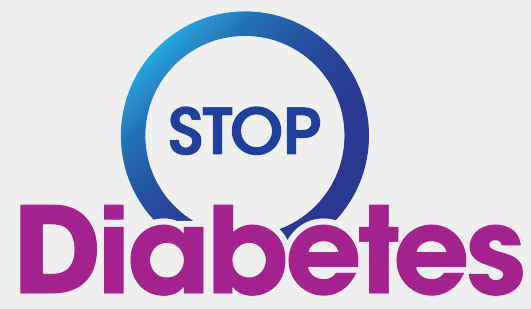Oral medications under the category of DPP-4 inhibitors commonly treat type 2 diabetes. Dipeptidyl peptidase-4’s activity must be blocked for incretin hormones to aggregate. Natural hormones like incretins play a role in regulating blood sugar by prompting insulin release following a meal.
Some examples of DPP-4 inhibitors include:
- Sitagliptin
- Saxagliptin
- Linagliptin
- Alogliptin
- Teneligliptin
Type 2 diabetes medicine containing saxagliptin and alogliptin, FDA analysis discloses, increases heart failure danger among people with pre-existing heart or kidney disorders. Body needs not getting enough blood supply due to heart failure. Safety issue-related warnings are being added to drug labels as a result.
Used with diet and exercise, these drugs, including saxagliptin and alogliptin, are part of the DPP-4 inhibitor class of medications for treating type 2 diabetes. The lack of treatment, type 2 diabetes can escalate into direr health circumstances, including blindness, nerve and kidney damage, and heart disease.
Oral tablets, DPP-4 inhibitors are typically taken, which can be used on their own or with other diabetes medications, including metformin or sulfonylureas, to control blood sugar levels. Other diabetes medications carry a greater risk of hypoglycemia, making them a less desirable option compared to these drugs.
The primary benefits of DPP-4 inhibitors include:
1. Lowering blood sugar levels: By inhibiting DPP-4, drugs boost incretin hormone amounts, favoring insulin unleash and decreasing glucagon emission to curtail blood sugar surges after meals.
2. Weight neutrality: DPP-4 inhibitors usually do not result in significant weight gain.
3. Low risk of hypoglycemia: Low blood sugar risk is lower with these medications than with some other diabetes treatments.
With any medication, including DPP-4 inhibitors, potential side effects must be considered. May include headaches, gastrointestinal issues, and upper respiratory tract infections, common side effects.

